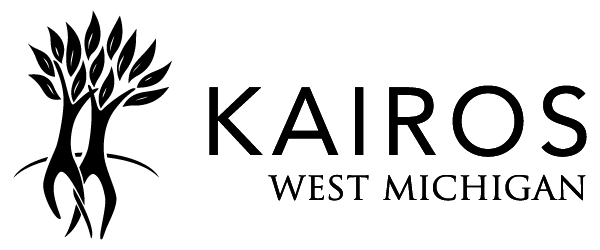I would say that about 50-60 folks came for the viewing of the 85-minute version of The Occupation of the American Mind at the Holland Public Library on Monday evening, January 21, 2019.
It was a very friendly, knowledgeable group I would say. There were two Jews, no Muslims and at least one Christian Zionist, who spoke up right near the end, quoting the Hebrew scriptures where God promised the “land” to Abraham and his descendants. It was right near the end of a respectful discussion of points made in the film. It appeared that he wanted to get the last word in. Hands went up wanting to protest his point of view, but time ran out.
I thought Esther Fifelski, the chair person of the city’s International Relations Commission, would do the 45 minute version. No mam, she gave us the whole thing, in unrelenting detail. There was much discussion and some questions by many. So the discussion was from 8:00 – 8:30. The meeting was billed as from 6:30 – 8:00, but with the 85-minute version, we didn’t begin the discussion until around 8:00 p.m. Some had to leave. There was an irenic (peace-loving) spirit throughout. And then the end there was the possibility of budding controversy. Yes, Kairos will address the Christian Zionist point of view. (The film had a clip from John Hagee, the Christian zealot). More on that later.
Dave Hoekstra, on the Holland City Council, was there. He is the Council liaison with the International Relations Commission. Esther Fifelski was commended for the Commission choosing this film (others on the way). It was a very congenial group.
Kairos has been at work over many years, breaking up the hard-pack soil to the new thing coming to life in Israel/Palestine. Thanks be to God!
I got in a push for Jeff Halper’s coming to Third Church Tuesday night, January 29, 2019.
Diverse crowd I would say. There were many Kairos community members, and about 1/3 were “new” to me. I knew Diane, a Jewish friend from Grand Rapids. I did not know “Luiz” with his scull cap on, sitting in the front row. So I gave him the floor, right at the beginning of the discussion, for his reaction. There was no hostility at all. He showed openness to receive what the film brought and appeared appreciative of the welcome he felt from the group. Diane said many US Jewish youths are turning away, not only from the Israeli State but from Judaism as well. Our friend Jake (from our Grand Rapids contingent) slipped me a crisp $100 on his way out. He’s 91, still fresh in his advocacy. He was a CPT’er in Hebron many years ago, and has been an advocate ever since.
In email exchanges with Sut Jhally, the film’s producer, I passed along his emphasis that we should not talk about the “Jewish” lobby but the “Israel” lobby, a helpful distinction I think. I affirmed Kairos’s love for Jews and Judaism; our opposition is to the policies of the Israeli State, urging those present to join our “Kairos community” (and attend the event on Tuesday, January 29, at Third Church in Holland, 111 W. 13th Street, 7:00 – 8:30).
These are my immediate reflections, friends. Faithfully yours, John Kleinheksel

